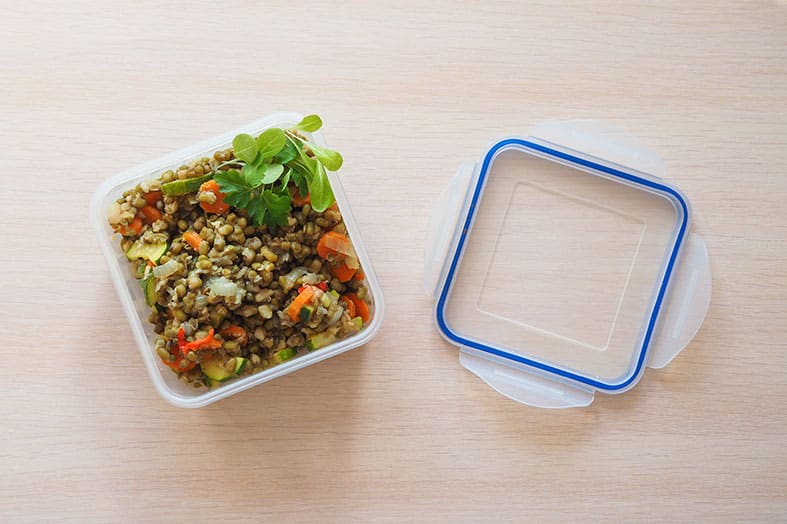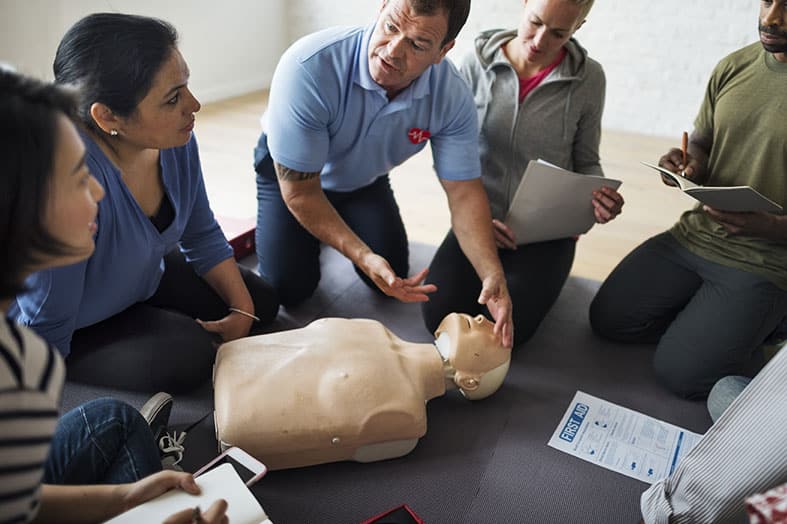Aaron Jencks
Madisonhealth Blog
(HealthDay News) — Uncontrolled high blood pressure is dangerous and could even lead to death, the American Heart Association says.
The AHA offers these suggestions for controlling high blood pressure:
-
- Know your numbers and identity your target blood pressure range.
- Work with your doctor to develop a plan to lower your pressure.
- Make lifestyle changes — such as maintaining a healthy weight, eating a healthy diet, consuming less salt, getting regular exercise and limiting alcohol.
- Keep track of your blood pressure at home.
- Take any blood pressure medication your doctor prescribes.
Copyright © 2018 HealthDay. All Rights Reserved.
(HealthDay News) — The amount of sleep a child needs varies at different ages, the American Academy of Pediatrics says.
While different kids of the same age may require different amounts, there are science-based guidelines of suggested sleep amounts for each age, the academy says.
Here are the guidelines:
-
- Infants: (4 to 12 months): 12 to 16 hours per day/night.
- Toddlers: (1 to 2 years) 11 to 14 hours.
- Preschoolers: (3 to 5 years) 10 to 13 hours.
- Grade schoolers: (6 to 12 years): 9 to 12 hours.
- Teens:(13 to 18 years): 8 to 12 hours.
Copyright © 2018 HealthDay. All Rights Reserved.
(HealthDay News) — Doing CPR on someone in cardiac arrest can double the chances of survival, the American Heart Association says.
The AARP recommends these steps for administering CPR:
-
- Do not wait. A person’s chances for survival fall up to 10 percent for every minute of delay.
- Send someone to look for an Automated External Defibrillator.
- Push up to two inches downward into the body.
- Push faster. If compressions are faster, they are more likely to be more effective.
Copyright © 2018 HealthDay. All Rights Reserved.
Showing 157-168 of 187 results












